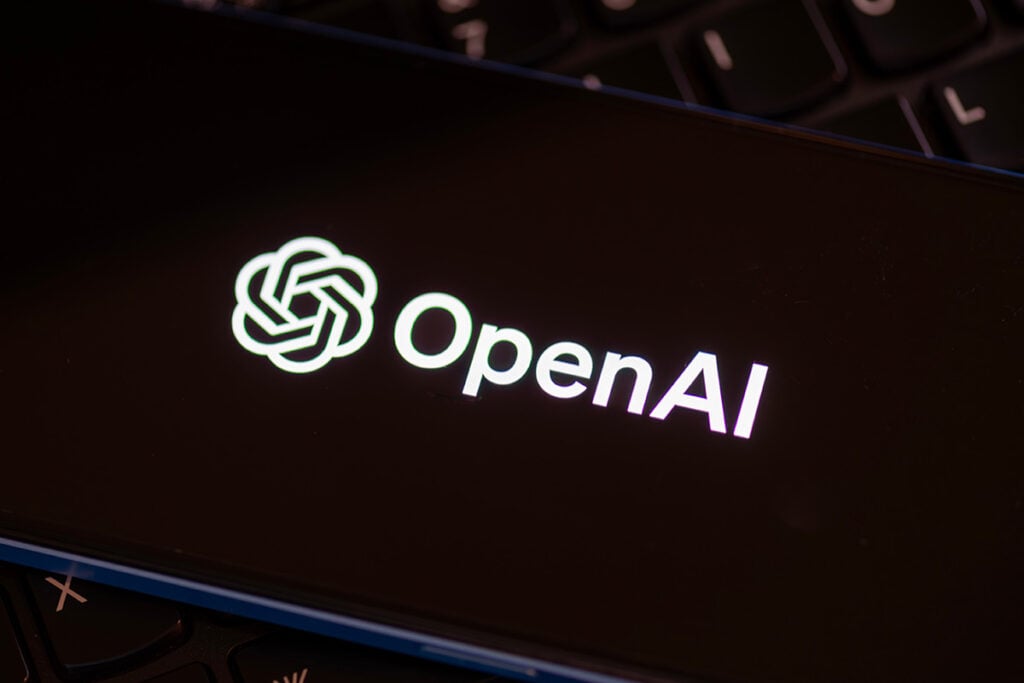TLDRs:
Contents
- OpenAI disables Google-indexing for shared ChatGPT chats due to privacy backlash.
- Thousands of conversations were unintentionally exposed via a “discoverable” sharing setting.
- Users misinterpreted the public share feature, raising transparency and UX concerns.
- OpenAI prioritizes user trust over search-friendly features amid growing data privacy fears.
OpenAI has officially removed the “public discoverability” feature that made shared ChatGPT chat links visible in Google search results, responding swiftly to mounting user concerns about data privacy.
The decision follows reports that thousands of conversations shared via ChatGPT had been indexed by search engines, raising alarms over potential user exposure. Although most shared chats did not contain sensitive personal data, some included identifiable information that made users uneasy about how their content was being accessed and viewed by strangers online.
OpenAI confirmed that the feature in question allowed users to voluntarily mark shared chats as “discoverable,” a subtle option that made those links indexable by Google and other search engines. The feature was introduced as a way to make useful AI conversations more easily accessible, but it backfired as users misunderstood the implications.
Design Flaws and Miscommunication at the Core
Critics have pointed out that the “Make this chat discoverable” checkbox was easy to miss, grayed out and placed beneath the main sharing function. As a result, many users assumed they were simply generating private shareable links for messaging or reference, not publishing content to the open web.
“This is a textbook case of unclear UX design leading to unintended privacy issues,” said a UI/UX researcher at Stanford. “The difference between ‘public’ and ‘discoverable’ is technical, but most users interpret both as private unless explicitly warned.”
This controversy underscores a broader challenge in the tech industry: balancing intuitive design with full transparency. When users unknowingly publish data, even if no passwords or credit cards are revealed, the trust in the platform can erode rapidly.
OpenAI Responds with Removal, Not Revision
OpenAI’s chief information security officer, Dane Stuckey, stated that the company is working to de-index all shared chats currently accessible via search engines. Instead of simply redesigning or rewording the feature, OpenAI opted to eliminate it entirely from the platform.
“Our priority is to ensure users never unintentionally share information they wouldn’t want exposed,” Stuckey noted. “While we didn’t detect any severe leaks, the risk was real, and we’re correcting course.”
This move reflects a growing trend among AI companies to prioritize user privacy and trust, even at the cost of functionality. According to consumer research, 57% of users believe AI poses a significant privacy threat, an outlook shaping product design decisions across the industry.
Broader Implications for AI Trust
The incident comes at a sensitive time for OpenAI. The company is reportedly preparing to launch GPT-5 in August 2025, a new iteration of its flagship large language model expected to bring major advancements in reasoning and multimodal capability. Maintaining public trust ahead of such a release is crucial.
Meanwhile, OpenAI plans to release an open-weight language model by the end of July, marking its first such release since GPT-2 in 2019. These developments place the company at the center of innovation, but also under a microscope when it comes to transparency and ethical responsibility.
As AI becomes more embedded in everyday workflows, from enterprise tools to education, the tension between utility and privacy will only grow. OpenAI’s recent reversal suggests that for now, user trust comes first.


